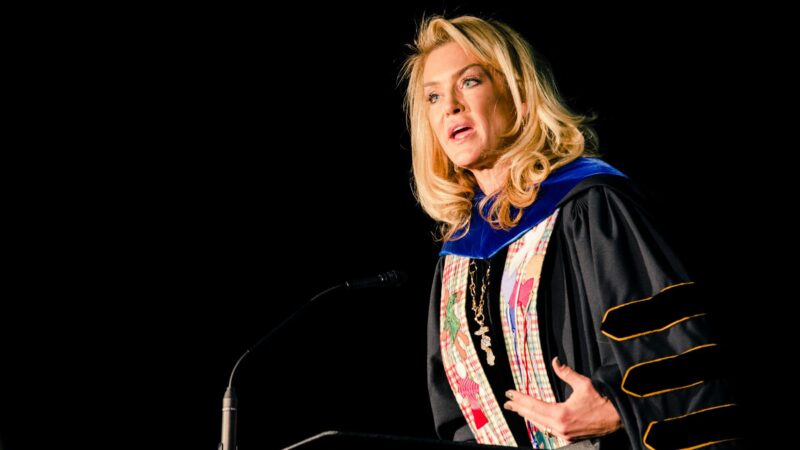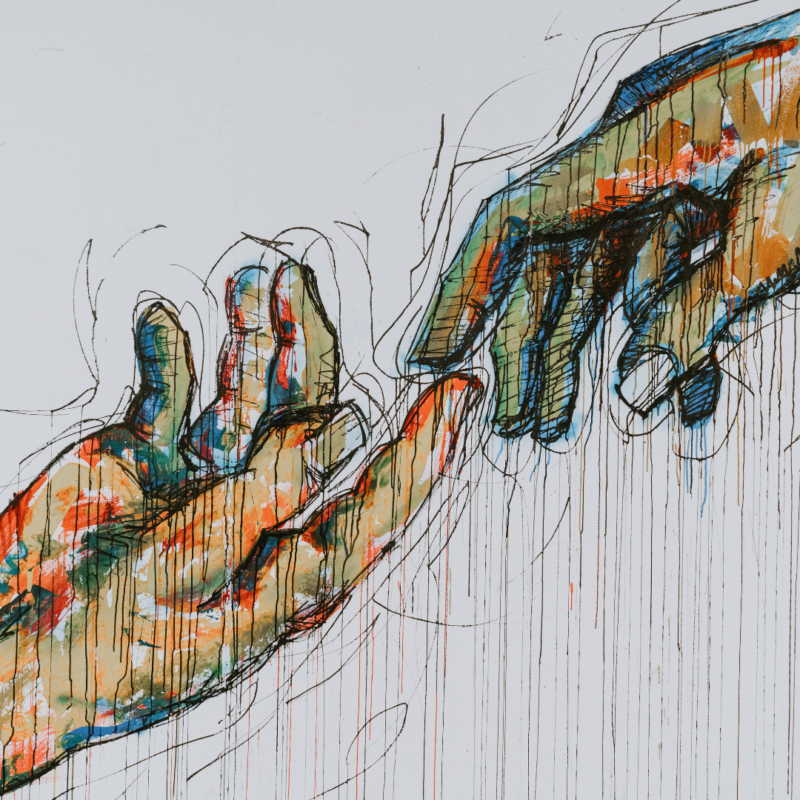Mediating Structures
Since its beginning, the United States has depended on civic, social, and religious institutions to serve as, what Peter Berger calls, “mediating structures” that function to form and shape young people into active, engaged citizens.1 In our current era, with the shift from structures to systems, we are both at risk and on the edge of great potential. Our current systems (think Twitter, Snapchat, and Instagram) do not provide the identity capital nor the quality social capital necessary for nurturing fully thriving humans. Psychological science makes evident that there are lessons to be learned from traditional institutions that could be applied to current and rapidly emerging innovations.2
Although the conventional paths to formation are less frequented, humans still yearn for belonging, moral meaning, identity, purpose, and something beyond the self. Religious congregations and other such institutions have traditionally provided ideological, social, and transcendent resources that are formative for young people and serve to weave together a differentiated but coherent society. These organizations are effective at shaping responsible and fulfilled adults, because they actively promoted clear and coherent worldviews replete with prosocial values and behavioral norms that are often grounded in transcendent beliefs. These norms are embodied by a community that provide rich social scaffolding comprised of role models, service and leadership, formative practices, and rituals that encourage the integration of beliefs and values into our lives and identity. Whether religious or secular, these institutions can offer the opportunity to be a part of something bigger than one’s own life and provide a sense of purpose beyond oneself. In this way, they serve to bridge individual lives with the common good.
Perhaps most importantly, these organizations provide an experience of being known and loved and having a sense of mattering, which catalyze individual transformation. In religious settings, when this encounter of being known and loved is not only experienced between persons but also with the Divine, the impact is even more profound. When human development occurs in the context of love, noble values, and transcendence along with community, practices, and rituals to support transformation, young people integrate prosocial identity and motivations. These, in turn, fuel a life of social contribution.
Individual and Social Thriving
The current norms of anonymity, lack of accountability, and the fluidity characteristic of most platforms pose a challenge for being as transformative at the personal and social levels. I am not anti-technology nor anti-innovation, but hope for constructive platforms that promote individual and social thriving. Not all platforms need to serve the same purpose, but we need existing “big tech” and other online efforts to lead and provide systems that enable people to thrive.3
Thriving humans are those who are able to adapt and optimize their fit with their environment as they grow through the ups and downs of life more fully as their authentic selves with and for others, and for a purpose beyond themselves. We all must learn to adapt and be agile as individuals, families, neighborhoods, congregations, societies, and as a species. Equipping ourselves and our young people to intentionally engage in actual or virtual communities that provide the ideological, social, and transcendent resources necessary to thrive is more necessary than ever. In addition to educating people to effectively engage in these systems, we also need the innovators, funders, and developers of these systems to purposely provide—albeit, virtually—fertile ground for human thriving.
One of the most memorable movie images from my childhood is from Raiders of the Lost Ark when Indiana Jones is running, once again, for his life and comes to a cliff poised over a deep chasm. With no alternatives, he steps off the cliff into the seeming abyss. Rather than plummeting to his death, his foot lands on an invisible bridge, which only becomes apparent with each step he takes into the seemingly thin air. I believe that we are in a similar situation. As a society technological changes move us closer and closer to the edge of the cliff. My hope is that “what we have before us are breathtaking opportunities disguised as insoluble problems”4—that as we hold our breath and step over the edge, a new way forward will become apparent. I believe that a bridge to a flourishing future will be formed as we find new ways to solidify and activate our convictions, social ties, and spirituality when founded on love. My hope is that we, as individuals and a society but bounce forward towards flourishing.
Reflect
How can you—in the context of your life, family, relationships, neighborhood, school, work, organizations, and/or other areas of influence—encourage people to connect more deeply? How can you better support them to live lives aligned with their deepest values, to promote life-affirming relationships, and to connect with their deepest sources of meaning and joy?
References
1. Berger, P. (1977). Facing up to modernity: Excursions in society, politics and religion. New York, NY: Basic Books.
2. King, P. E., Schnitker, S. A., & Houltberg, B. (2020). Religion as fertile ground: Religious groups and institutions as a context for moral development. Handbook of Moral Development (ed. L. Jensen). New York: Oxford University Press.
3. King, P. E. (2019) Telos, technology, and thriving. In FULLER Magazine, 15, 56-61. https://fullerstudio.fuller.edu/telos-technology-and-thriving/
4. By John Garnder as Secretary of Health, Education and Welfare in a 1965 speech: https://www.pbs.org/johngardner/chapters/4.html
Continue Exploring

Blog
Installation Address: An Invitation to Thrive
In her installation address, Pamela King speaks on thriving as an invitation to embrace our purpose in God's ongoing story.

Emotions
Staying Grounded, Connected, and Directed
Dr. Pam King discusses how spirituality can help us stay grounded, connected, and directed throughout difficult challenges.

Christian
What is Thriving and Why is it Important?
Psychology and theology come together to provide a vision for the good life

